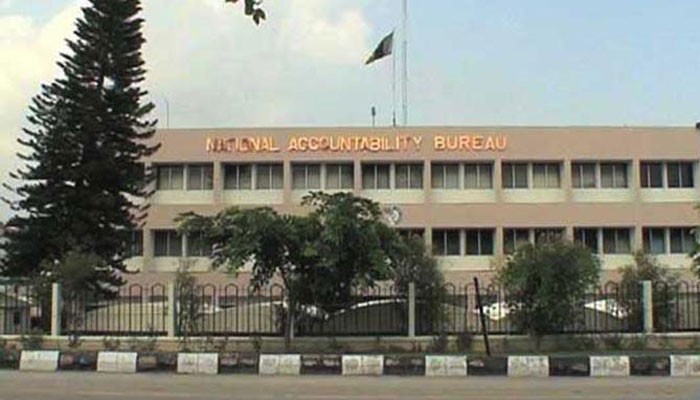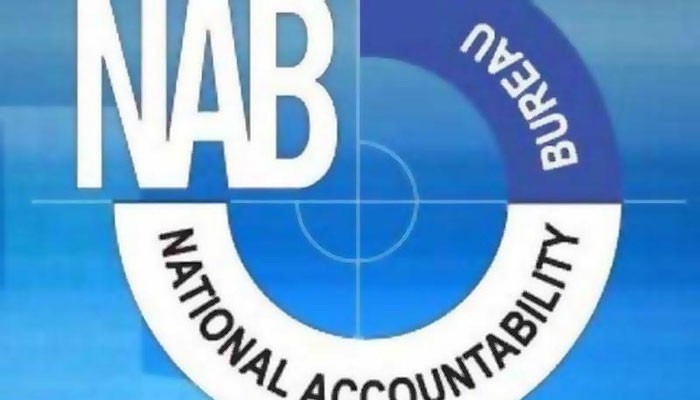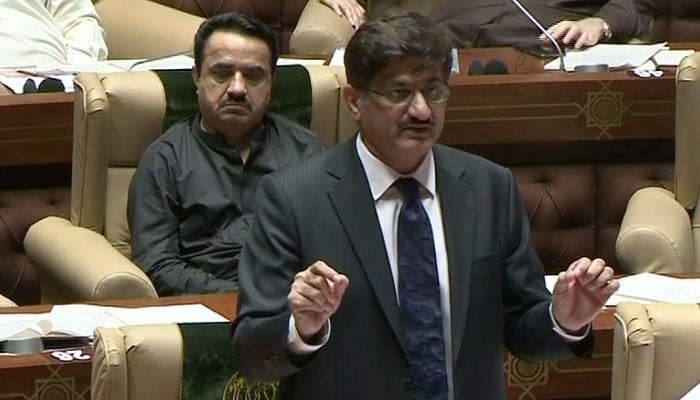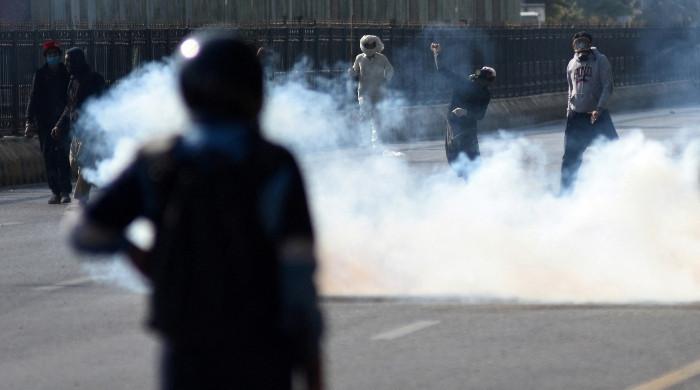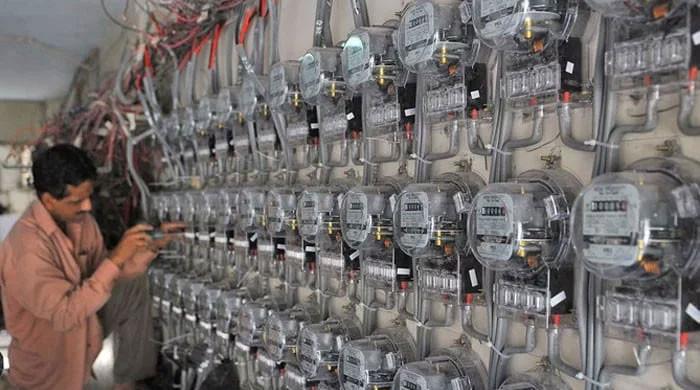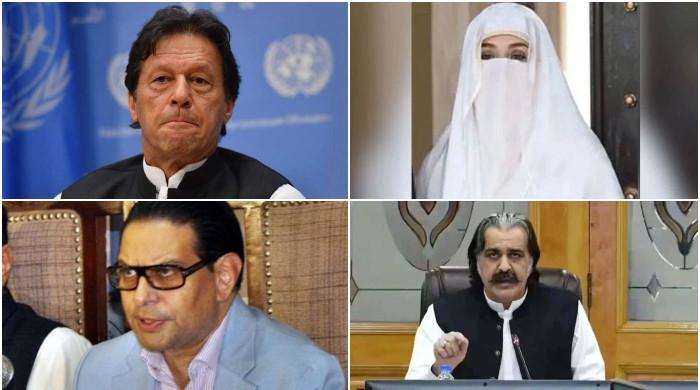MQM, PML-F files petition in SHC against new accountability law
Speaking to the press, Sattar said that Sindh Assembly and provincial government does not have the authority to repeal NAB ordinance in the province, he called the move an attempt to escape from the...
August 11, 2017
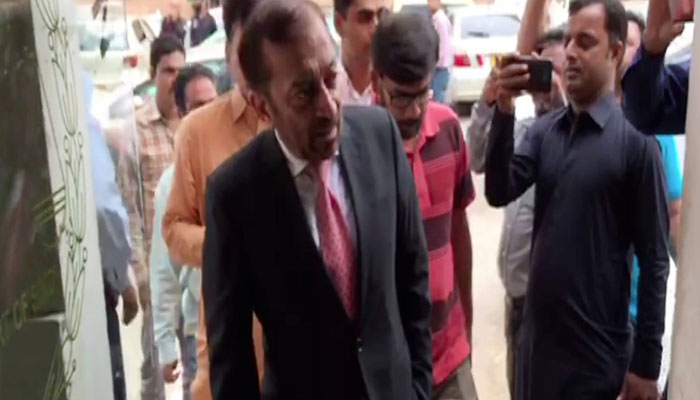
KARACHI: Muttahida Qaumi Movement - Pakistan and Pakistan Muslim League– Functional have filed petitions in the Sindh High Court, challenging the new law repealing National Accountability Ordinance (NAO) 1999,
The law was twice passed by Sindh Assembly.
Separate petitions were filed by PML-F’s Nusrat Sehar Abbasi and MQM leader Farooq Sattar.
Speaking to the press, Sattar said that Sindh Assembly and provincial government does not have the authority to repeal NAB ordinance in the province, he called the move an attempt to escape from the corruption cases.
“Many of the NAB cases are against Sindh government, leaders and ministers of Pakistan Peoples Party,” he said.
Meanwhile, Sindh High Court has asked the provincial and federal governments to submit their responses on petitions challenging the new law passed by Sindh Assembly, allowing the establishment of provincial accountability commission, in replacement of NAB.
The governments have been asked to submit replies by August 16.
Meanwhile, in a letter to respective provincial departments, commissioners and deputy commissioners, on Friday the Sindh government has stated that with the revocation of the National Accountability Ordinance 1999 (NAO), all corruption cases, inquiries, and complaints will now be probed by the provincial anti-corruption establishment.
The letter reiterated that with the new law in effect, National Accountability Bureau (NAB) will have no role in the province, as it is now mandated to only probe and hear cases related to federal institutions.
Earlier, the provincial government officially ended the jurisdiction of the NAO 1999 in the province on August 10. A notification issued by the law ministry directed authorities to print the NAO 1999 repeal bill 2017.
On July 3, the Sindh Assembly passed the 'anti-NAB bill', which seeks to revoke NAB’s power in the province. The bill was vehemently opposed by opposition members of the house.
The opposition members also staged a walkout from the provincial assembly in protest of the anti-NAB bill.
MQM-Pakistan leader Faisal Subzwari, speaking to the media, rejected the bill saying it was an attempt to cover the irregularities carried out by the corrupt.
“We reject this [anti-NAB] bill and will challenge it in the court,” he vowed.
Sindh Governor Muhammad Zubair refused to sign the bill twice and sent it back along with an objection note to Sindh Chief Minister Murad Ali Shah.
Regarding his concerns, Zubair had said that repealing the NAO is against public interest, adding “it is our responsibility to ensure the elimination of corruption.”
Speaking in the assembly on July 26, the chief minister had addressed the opposition’s reservations regarding the repeal of the law.
Shah pointed out that repealing the ordinance in question fell well within the jurisdiction of the provincial government.
The commission's chairman, to be nominated by the assembly, would be independent, the chief minister assured. The chairman would put together a committee which would comprise opposition members and the speaker, he added.
